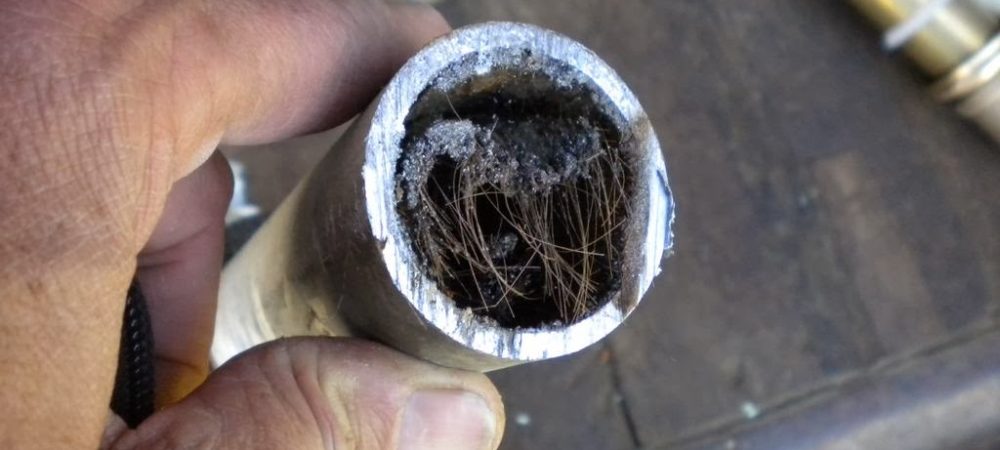Clogged drains are a nightmare. They happen at the worst times and are expensive, time-consuming, and a headache to deal with. If your drain is closed, you should contact us. Depending on the extent of the clog and the damage that may have occurred from prolonged backup we have various inexpensive solutions that can help.
Even if you don’t experience a clog in your own home’s plumbing line, larger clogs in the main lines can cause backups into our homes, and put unnecessary strain on our municipal sewage and wastewater systems. However, the high costs of clogs to us personally and financially as well as to our community can be avoided with proper drain maintenance, and by not allowing clog culprits to get down the drain in the first place.
The very first step in preventing clogged drains is to clean them. Our drains tend to be “out of sight, out of mind” when we think of regular home cleaning, but keeping them clean and clear of debris is just as important to your family’s health and your home’s comfort.
If you are mindful of what you put down your drains, you really shouldn’t need to clear them of debris very often – maybe once a month or so. However, some drains will need to be checked on more regularly, particularly bathtub or shower and bathroom sink drains because that’s where hair becomes a problem. Hair loss while shampooing or shaving is a natural everyday occurrence, but it doesn’t take much to block a drain pipe. When you add to that all of the soap and toothpaste you’re using, it’s easy to see why clogs can happen so quickly and be so stubborn.
Don’t treat your drains like a garbage can! We cannot stress the importance of this enough. Your garbage disposal, toilet, sinks, and other drains in your home simply aren’t meant to accommodate the size and composition of many of the things we put down them on a regular basis – and our septic tanks and municipal waste systems aren’t either. Please be mindful of what goes down your drains


Comments are closed.